Cracked Cylinder Head Signs, Symptoms, and Replacement Cost The
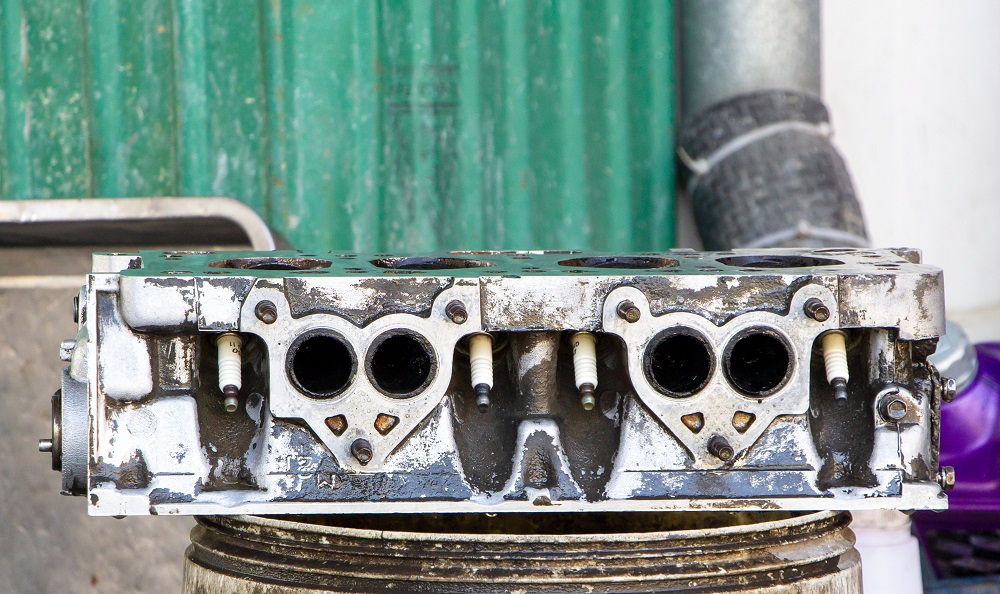
This can be seen in lower gas mileage, sluggish acceleration, and difficulty getting up steep inclines. The Verdict: This is most often among the first signs of a cracked cylinder head, and usually can be repaired if caught in its early stage. Oil Leakage Oil is responsible for lubricating the engine's mechanical parts, including the cylinder head.
CrackedOverheatedCylinderHead01092017 Motor Mission Machine and
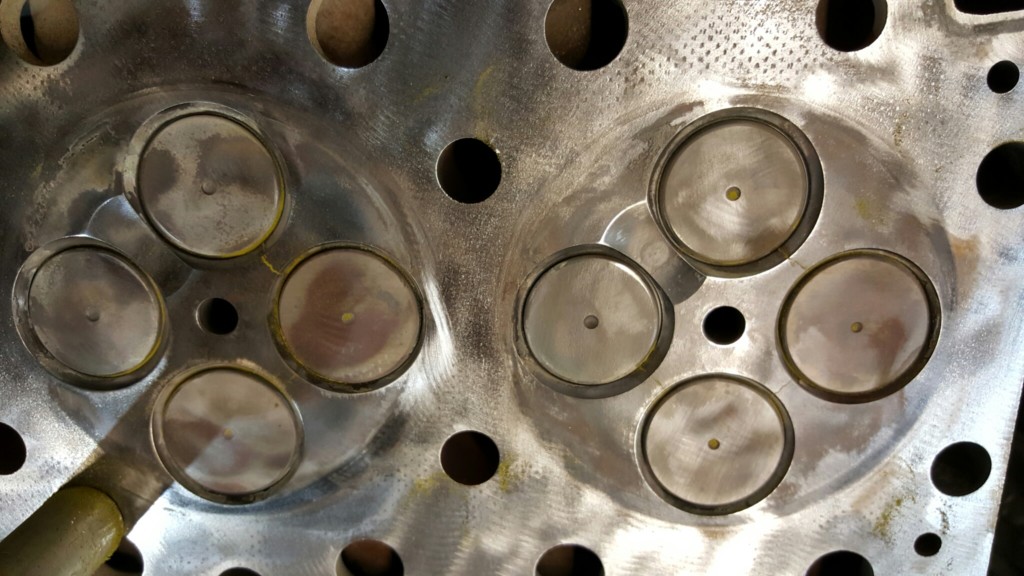
Common Signs and Symptoms of a Cracked Cylinder Head Because the cylinder head performs such vital functions, any one of these observed signs and symptoms should be taken seriously; Prolonged ignorance of any one of these issues could result in costly repairs or even complete engine replacement.
SYMPTOMS OF CRACKED CYLINDER HEAD ON CAR YouTube

Warping occurs due to several reasons. It can be due to overheating, uneven forces caused by the cylinder head bolts, or even blown cylinder head gasket. A warped head cannot function properly and leads to issues such as coolant and oil leaks. It's also one of the reasons for experiencing lost compression in the cylinders. Cylinder Head Cracked
The Top 7 Symptoms of a Cracked Cylinder Head In The Garage with

1) Overheating 2) Air in the Cooling System 3) Failed Water Pump 4) Failed Thermostat 5) Coolant Leak Cracked Cylinder Head Symptoms 1) Oil Leak 2) Coolant Leak 3) Poor Engine Performance 4) Smoke From Engine 5) Engine Misfire Cracked Cylinder Head Repair Cost What Causes a Cracked Cylinder Head? 1) Overheating
Why Did My Cylinder Head Crack? Blown Head Gaskets, Failing Symptoms

The engine cylinder head is a critical component of a vehicle's engine.It is responsible for sealing the combustion chamber and allowing the intake and exhaust valves to operate properly. However, over time, the cylinder head can develop cracks, which can lead to various symptoms.Some common symptoms of a cracked engine cylinder head include coolant leaks, oil leaks, white smoke from the.
Symptoms of a Cracked Cylinder Head

If you observe a decrease in coolant levels or find coolant puddles under your car, it could be a sign of a cracked cylinder head. Engine Misfires An engine that misfires is never a good sign. A cracked head can disrupt the combustion process, leading to misfires and a noticeable shuddering sensation while driving.
Cracked Cylinder Head Signs, Symptoms, and Replacement Cost The

1) Overheating: The combustion engines located in the internal parts heat up quickly. Their design is such that they can contain tiny, controlled explosions. In the combustion process, thermal energy is used up instead of being converted to kinetic energy that can power the vehicle. This is the most important cause of a cracked cylinder head.
6 Symptoms Of A Cracked Engine Block

Engine overheating is a classic symptom of a cracked cylinder head. The crack allows coolant to escape, leading to inadequate cooling of the engine, and, ultimately, overheating issues. Where There is Smoke Nothing is more concerning than seeing smoke emanate from your vehicle's exhaust.
Cracked Cylinder Head Symptoms Causes and Repair Costs! The Vehicle Lab

A Cracked Cylinder Head is a critical issue that needs immediate attention before it causes damage to other parts of the engine. Most times, a blown gasket Head can be confused with a Cracked Cylinder Head since they have the same symptoms, and the gasket is located in between the engine block and cylinder head.
Overheating Causes Cracks In Cylinder Heads That Need Crack Repair
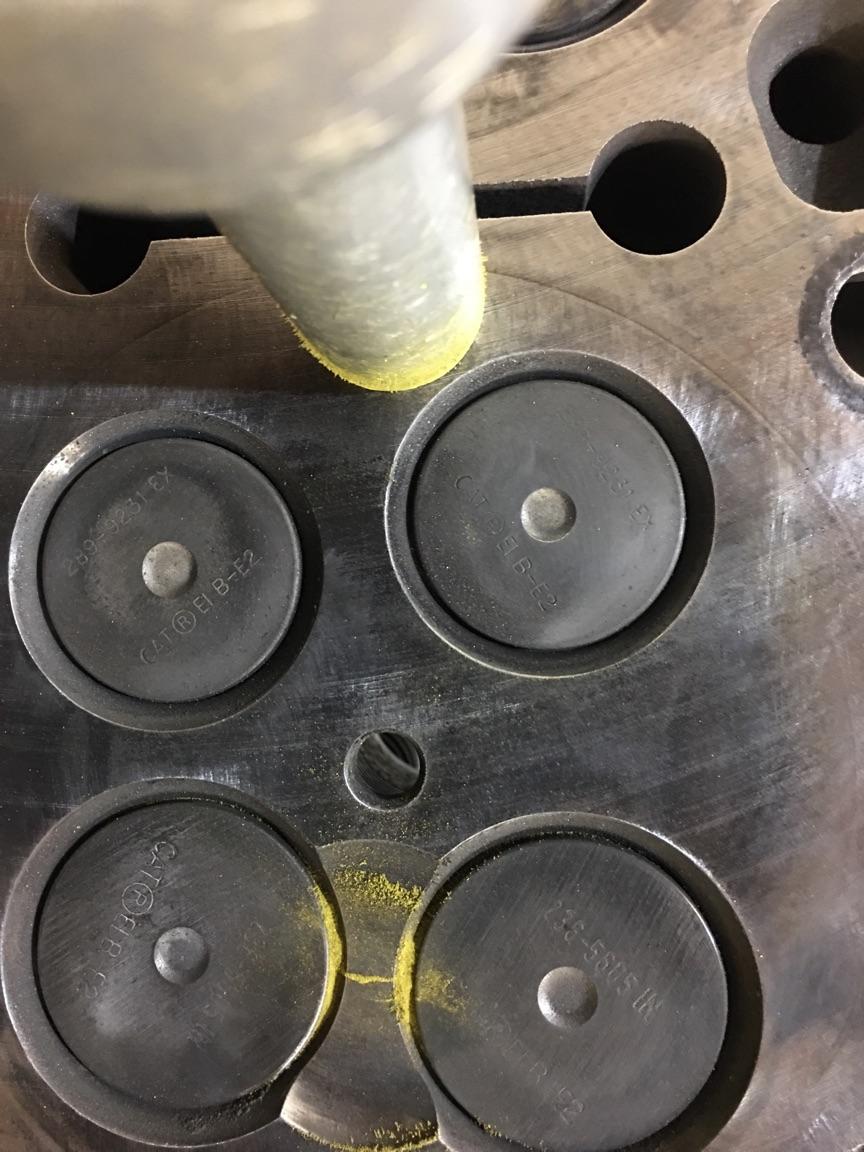
1. Overheating Internal combustion engines quickly become overheated. They are intended to contain small, controlled explosions, as their name suggests. Instead of being transformed into kinetic energy to propel the vehicle, a large portion of the energy produced during combustion is instead wasted as heat energy.
Four Symptoms or Signs Your Engine has a Cracked Head and Requires
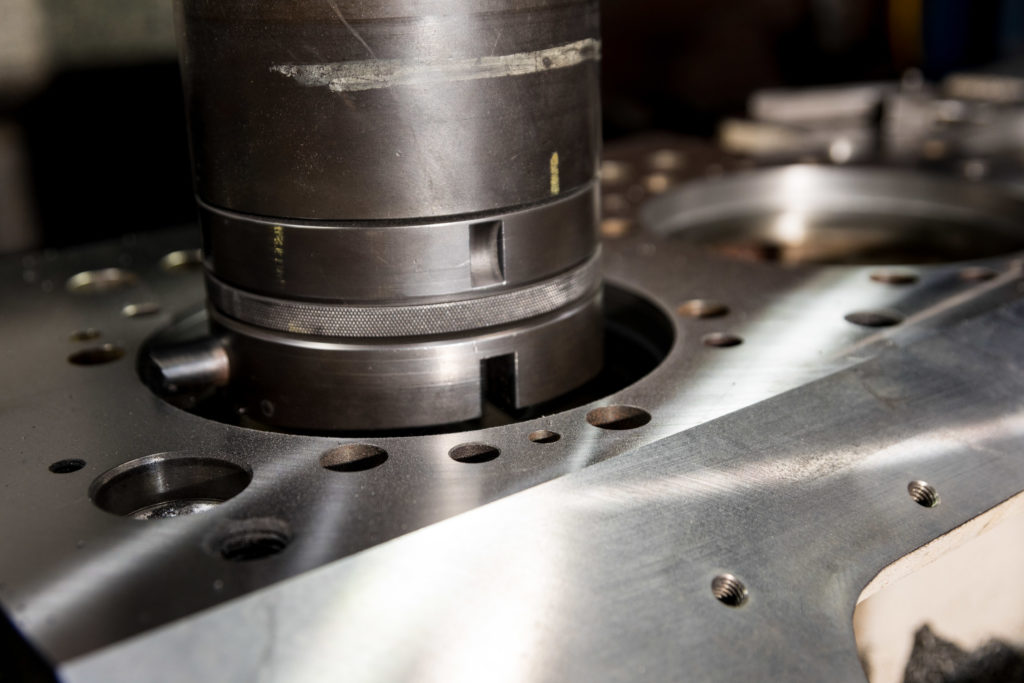
The following are a few symptoms of a cracked cylinder head. Reduced Performance. Cracked cylinder heads negatively affect the engine's performance, as they're unable to form a complete seal; this is required for proper combustion. Compressed air leaks out, which makes the combustion strokes weaker than they should be.
CylinderHeadOverheatedCracked02192019 Motor Mission Machine and

4. Poor Performance. If your vehicle has been experiencing some of the above signs, but you have been ignoring them, you may find that your engine loses power and efficiency. As mentioned above, a cracked head results in leaking coolant, which impacts the spark plugs in your engine. It may also lower the total pressure produced by the cylinder.
The Top 7 Symptoms of a Cracked Cylinder Head In The Garage with
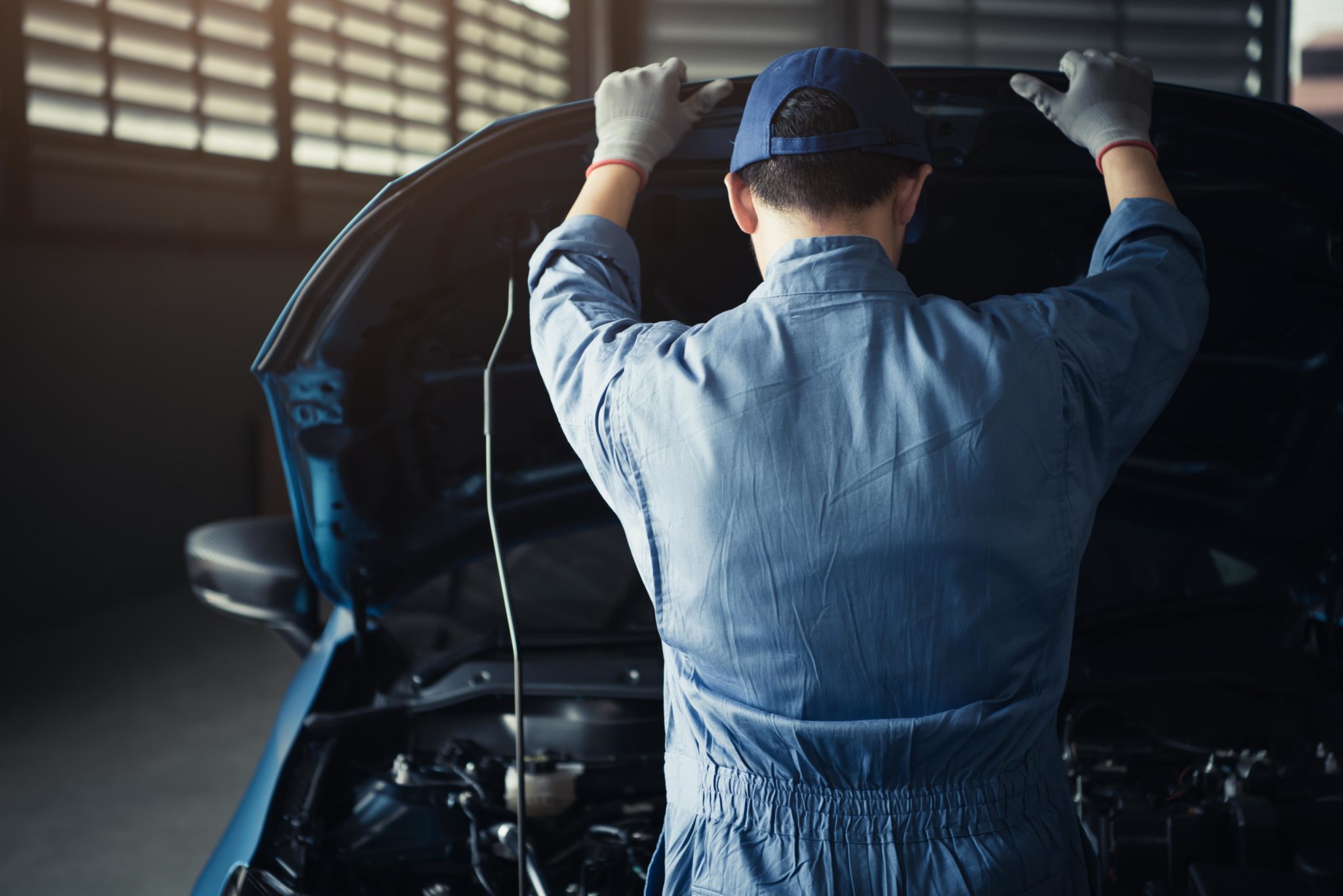
Here are some common signs to watch out for: White Smoke (Steam) From the Exhaust Pipe: If you notice white smoke, which is essentially steam, billowing from your exhaust, it could be due to coolant leaking into the combustion chamber through cracks.
Top 5 Cracked Cylinder Head Symptoms

Cracked Cylinder Head Symptoms. So how do you know for sure if you have a cracked cylinder head? Keep an eye out for these symptoms: 1. Poor engine performance: The first thing you're likely to notice if you have a cracked cylinder head is poor performance from your engine. The crack causes air pressure to escape, resulting in low compression.
damage Is this cylinder head junk? Motor Vehicle Maintenance

What are the Symptoms of a Cracked Cylinder Head? | Causes of a Bad Cylinder Head by Engineer Waqar Pumping Out a Full Septic Tank Both Disgusting and Mesmerizing Table of Contents What is a Cylinder Head? Symptoms of a Cracked Cylinder Head 1) Check Engine Light 2) Low Coolant Level 3) White Smoke from Exhaust 4) Oil and Coolant Mixture
The Top 7 Symptoms of a Cracked Cylinder Head In The Garage with

The symptoms of each can be similar. 3 Symptoms of a Blown Cylinder Head Gasket 1) Antifreeze & Oil Mixture 2) Engine Overheating 3) Poor Engine Performance 5 Symptoms of a Cracked Engine Block 1) Oil & Antifreeze Mixture 2) Engine Smoke 3) Seeing a Crack in the Block 4) Engine Overheating 5) Low Compression